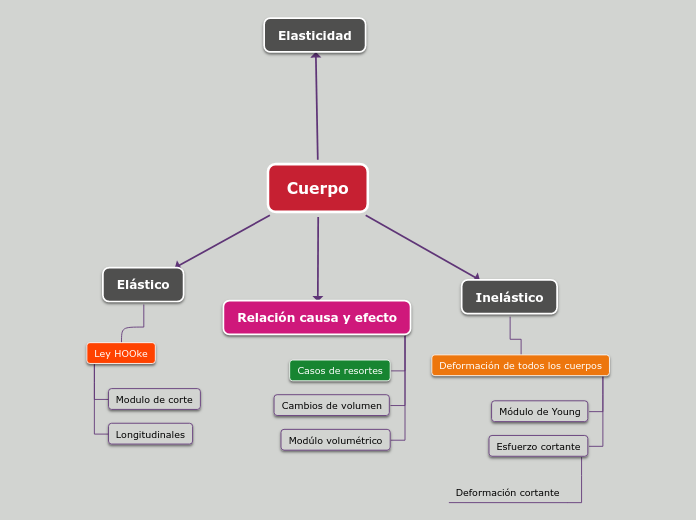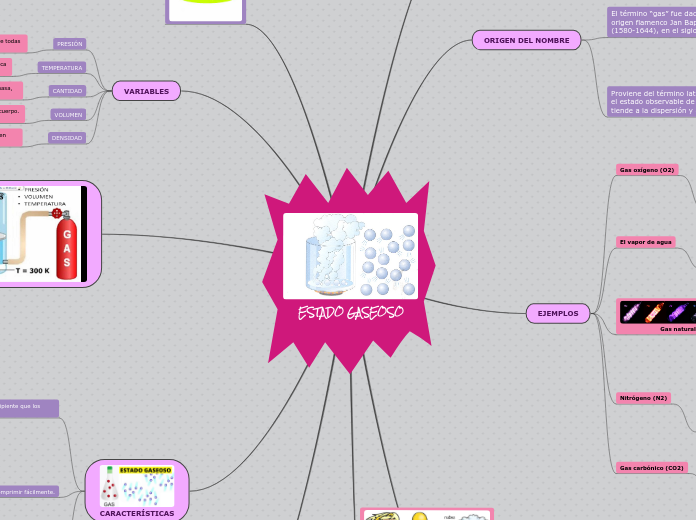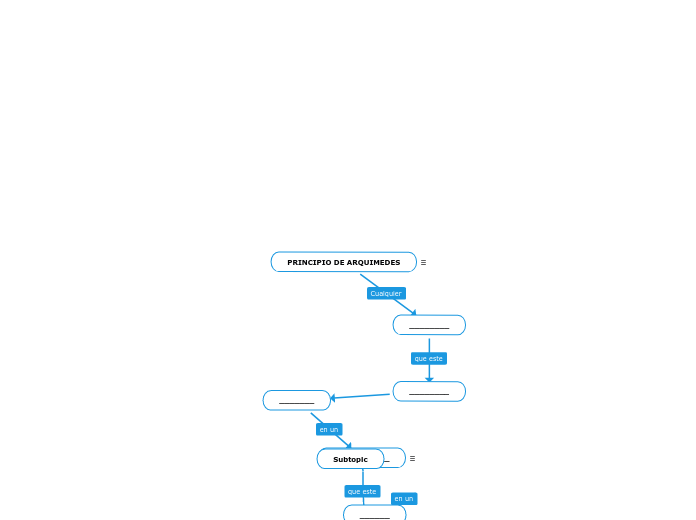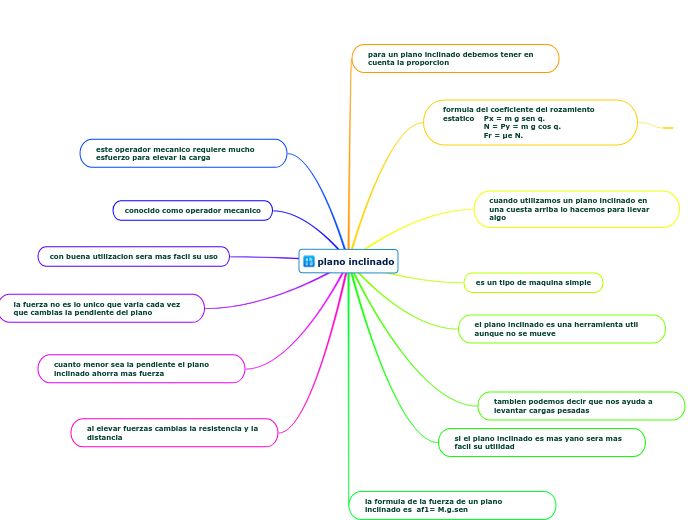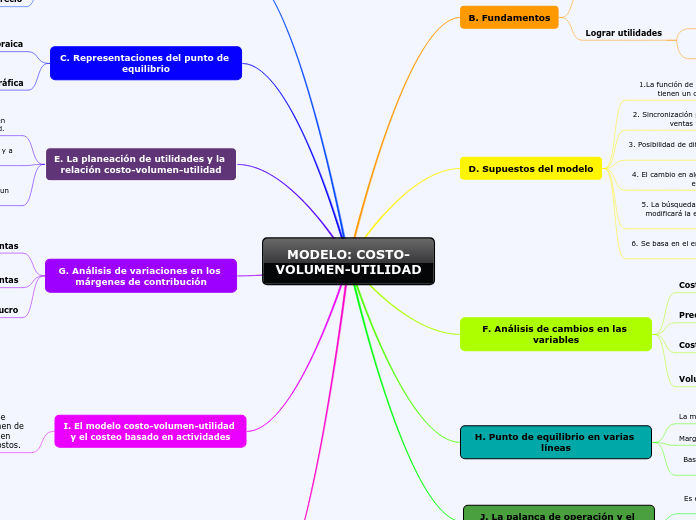Cuerpo
Name the character
Type in the name of the character whose change throughout the story you are going to analyze.
Example: Nick Carraway.
Inelástico
Character's behavior
Think of the character's behavior at the beginning of the story and look for the way it changed throughout the story.
Deformación de todos los cuerpos
Esfuerzo cortante
The reason for the change of feelings
Why did the character change his feelings? Type in the answer.
Example: the East lost its appeal due to the shallowness, carelessness and corruption.
Deformación cortante
Módulo de Young
The reason for the change of feelings
What caused the character to change the first belief you mentioned? Type in the reason for the change.
Example: disgust towards the lack of morality in the Buchanan family.
Elástico
Character's feelings
Focus on the way the character's feelings are presented at the beginning and at the end of the story, while explaining why they have changed.
Ley HOOke
Longitudinales
Initial feelings
What was the character's initial belief? Type in a relevant quote.
Example: 'seems like the ragged edge of the universe' - Nick talking about Midwest, the place where he grew up.
Modulo de corte
Initial feelings
How does the character feel about a certain subject at the beginning of the story? Type in a relevant quote to support your statement.
Example: "Reserving judgements is a matter of infinite hope."
Elasticidad
Title
Type in the title and author of the literary work that introduces the character.
Example: The Great Gatsby, by F. Scott Fitzgerald.
Relación causa y efecto
Modúlo volumétrico
Cambios de volumen
Change in behavior
In what way did the character change the other behavior(s) you mentioned? Type in a relevant quote.
Example:
'You said a bad driver was only safe until she met another bad driver? Well, I met another bad driver, didn't I? [...]
I thought you were rather an honest, straightforward person. I thought it was your secret pride.'
Casos de resortes
Change in behavior
How did the character change the first behavior you mentioned? Type in a quote to prove your statement.
Example: Nick assumes the whole responsibility for Gatsby's funeral arrangements, 'with that intense personal interest to which every one has some vague right at the end.'
